At its Tuesday night meeting, the Select Board voted to delay Town Meeting again, pushing it back from June 22 to a likely September date still to be determined.
Town Election remains set for June 29.
With Town Meeting being held after the close of the fiscal year on June 30, this means the town will need individual monthly budgets for July, August and September that will be reviewed and approved by the Select Board, Town Manager Norman Khumalo said.
Khumalo also announced the town had been awarded approximately $1.6 million from the Federal Cares Act relief funding, which comes from the state’s $2.7 billion allocation. This money is available for restricted use in fiscal years 2020 and 2021, Khumalo said.
“Like the funding available to us from FEMA, the Cares Act relief is limited to specific and unbudgeted purposes such as surge costs for COVID-19 response, costs of special equipment, or retrofitting of facilities for worker and public safety,” he said.
Khumalo said he and other town managers are hopeful the government will expand the authorized uses of the funding so it can be used to cover the expected shortfall in local aid.
Tim O’Leary, the town’s chief financial officer, checked in with an update on the town’s financial situation. He noted that there have been predictions that as a result of the COVID-19 pandemic families may look to move from dense cities to more rural towns, especially ones with highly rated school systems like Hopkinton. This could put even more of a strain on the schools, which already are struggling to deal with overcrowding, and lead to more costs to taxpayers for school expansion and hiring.
Overall, though, O’Leary reiterated what Khumalo said at a previous meeting, which is that the town is “financially sound and strong” due to solid fiscal planning.
“The town’s prudence in building up stabilization funds and its forethought in negotiating a host community agreement with Legacy Farms to help cover education cost growth are both benefiting town finances in this emergency situation,” O’Leary said. “These resources are important tools that can help us weather the COVID-19 economic downturn while preserving critical services that the town has worked to build and while managing the impact on property tax to citizens. The objective should be to use no more than half of these available resources in Fiscal Year 2021 to smooth the temporary loss in local aid that we expect, allowing us the flexibility to respond again in Fiscal Year 2022 with additional resources if necessary.
“If we learn nothing else from the financial aspect of this health crisis, it should be that as soon as the economy is in recovery, the town should rapidly rebuild reserves so that we are at least as well prepared in the future to respond to a sudden sharp downturn as we are today.”
O’Leary added that looking at the “short-term picture, our cash position remains excellent, with almost $57 million available today. We’ve been in contact with our bankers and we have no indication that our bond rating has degraded, so we are still able to borrow as necessary at very competitive rates.
“In summary, we’ve assessed the likely scenario as a U-shaped or W-shaped recovery with a two- to three-year time frame. We are developing budget recommendations focused on sustaining service excellence in education and public safety while deferring action on other mission areas and pausing our capital renewal program as we endure this recession. These actions, together with the careful use of stabilization reserves and other one-time funding, will help the town bridge the gap to economic recovery. This moderate approach will also give us time to learn more about the actual path of the recovery and will allow us to make future budget adjustments if necessary, first before a September Town Meeting and again as we develop an FY2022 budget.”


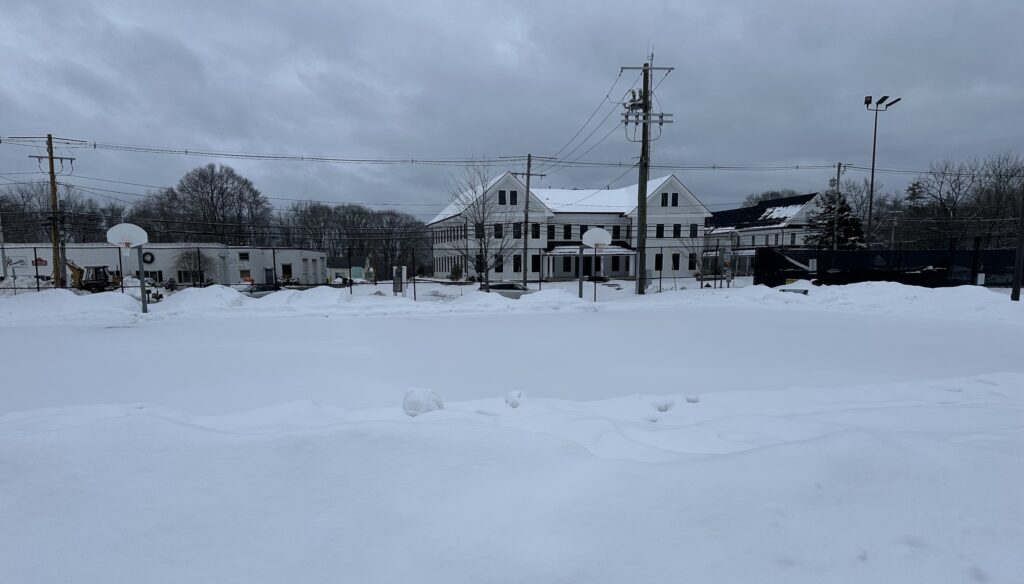

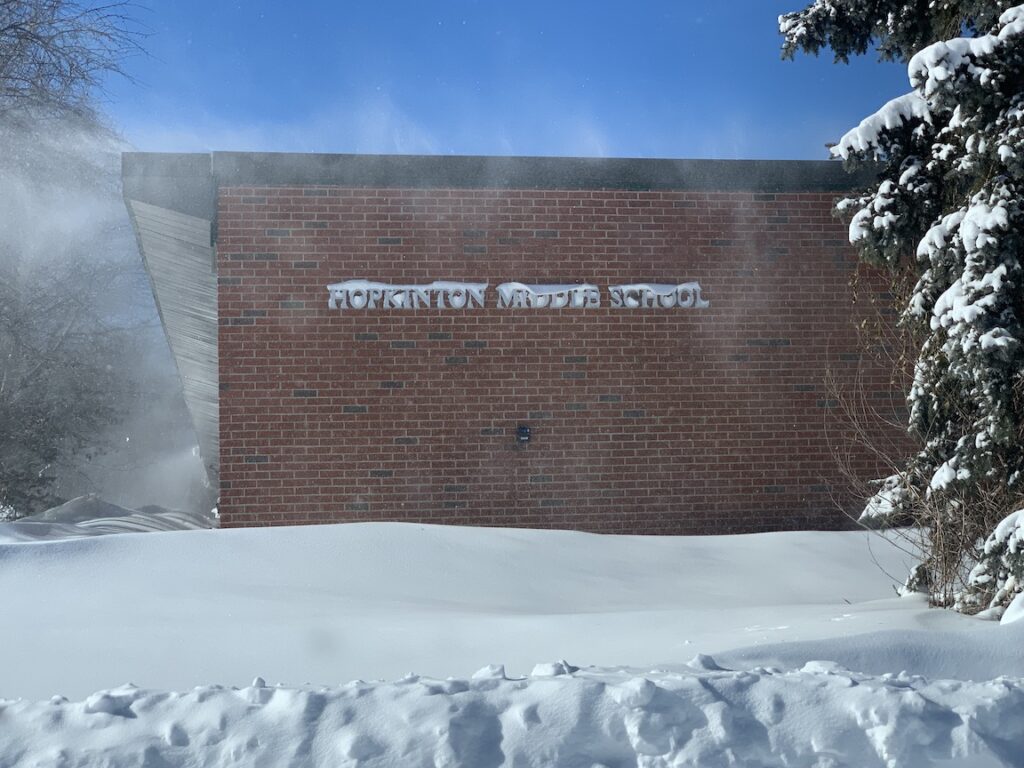
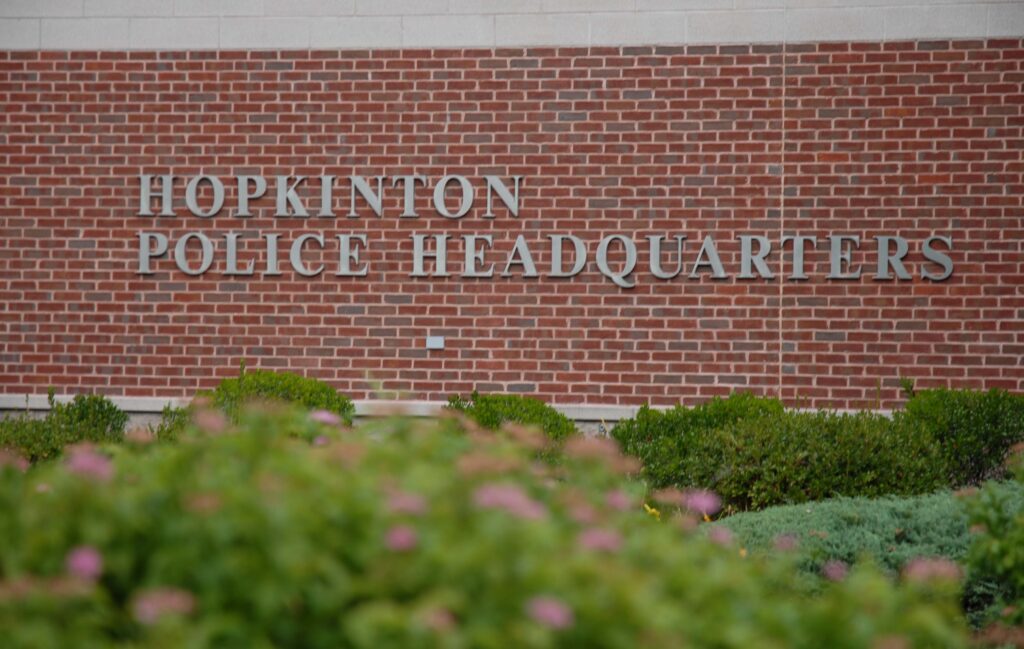
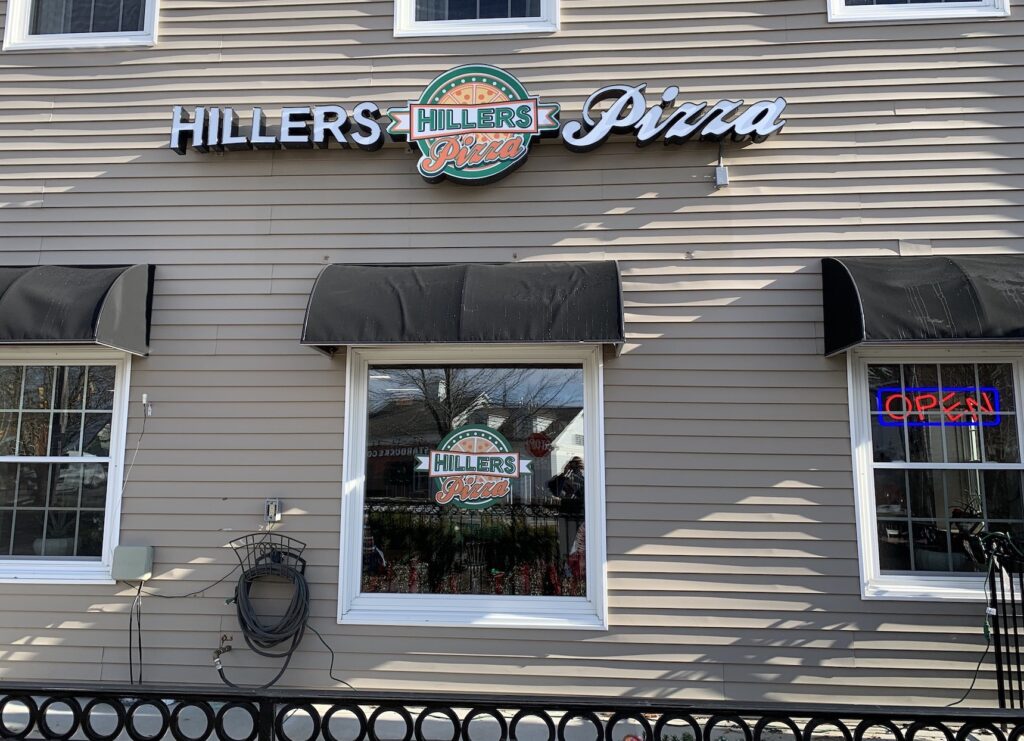
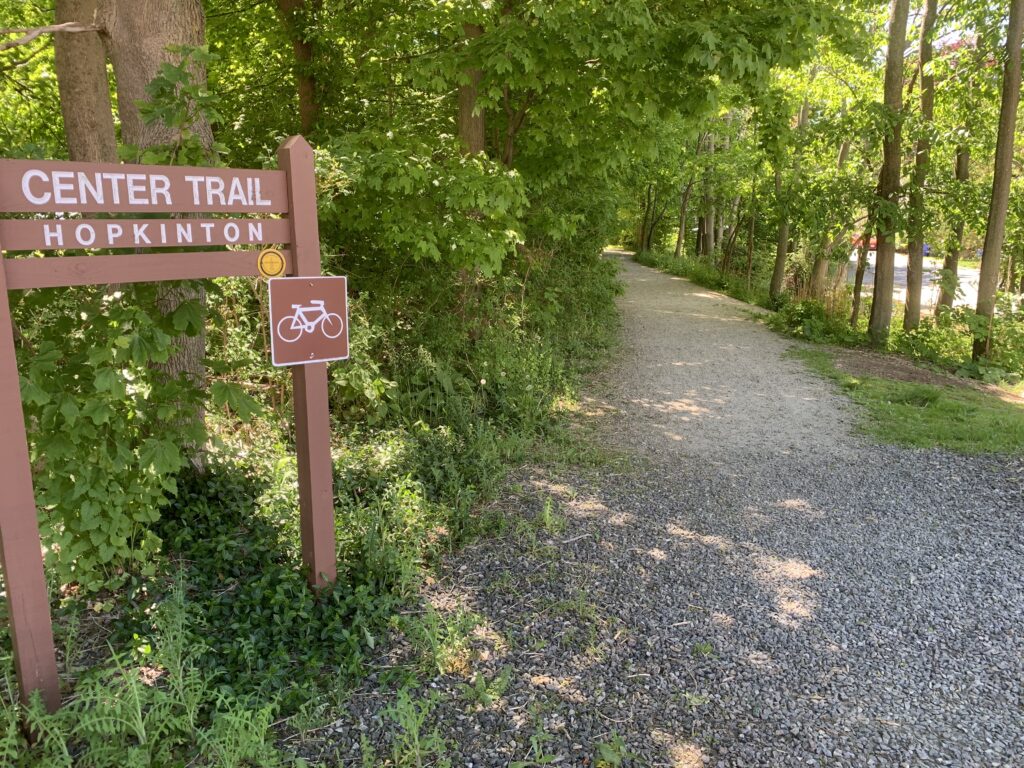













0 Comments